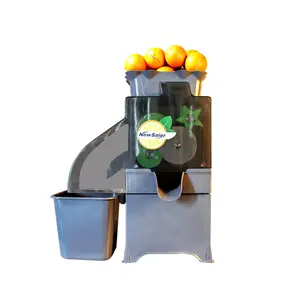
Máy ép điện nhựa Hướng dẫn sử dụng vắt chanh Chanh thương mại cam Báo Chí Máy ép trái cây chanh không gỉ Máy ép trái cây thép
Sẵn sàng vận chuyển

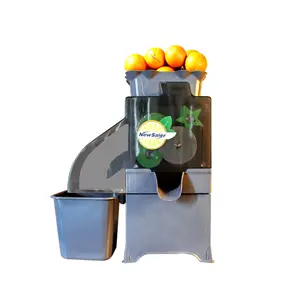
Máy ép trái cây bán hàng tự động điện Orange nhãn hiệu thép thương mại máy ép Báo Chí tự động Lime chanh nhựa chanh Máy ép trái cây nhựa
Sẵn sàng vận chuyển


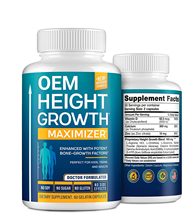
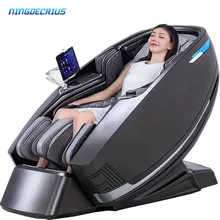





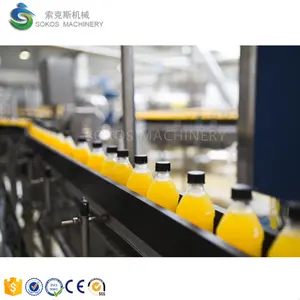



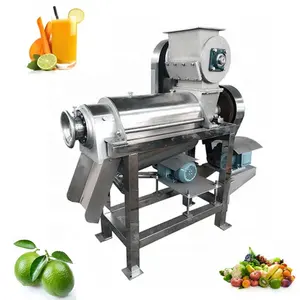













 浙公网安备 33010002000092号
浙公网安备 33010002000092号 浙B2-20120091-4
浙B2-20120091-4